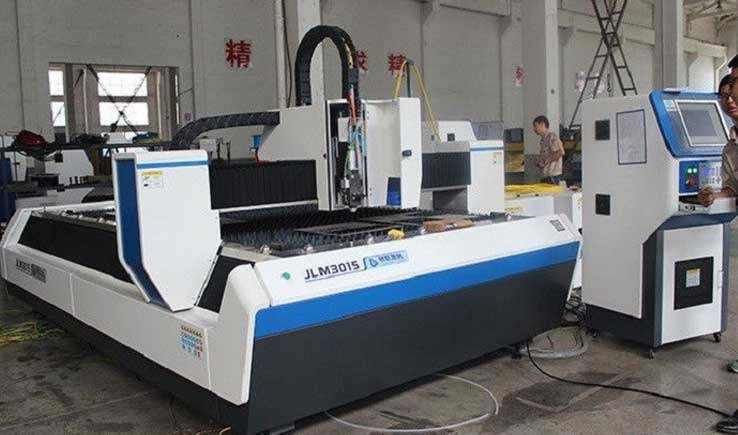Laser cutting machines have become increasingly popular in various industries, and the manufacturers of these machines play a crucial role in driving this trend. The popularity of fiber laser cutting machine manufacturers can be attributed to several key factors that make their products highly sought after in the manufacturing and fabrication sectors.
1. Precision and Accuracy
One of the primary reasons for the popularity of laser cutting machines is their exceptional precision and accuracy. Laser technology allows for incredibly fine and detailed cuts, making it ideal for intricate designs and complex patterns. Manufacturers invest heavily in research and development to enhance the precision of their machines, catering to the demands of industries where accuracy is paramount.
2. Versatility
Laser cutting machines are versatile tools that can cut through a wide range of materials, including metals, plastics, wood, fabrics, and more. This versatility makes them indispensable in various industries such as automotive, aerospace, electronics, and fashion. Manufacturers continually innovate to improve the range of materials that can be processed by their machines, making them adaptable to diverse manufacturing needs.
3. Efficiency and Speed
Laser cutting machines are known for their efficiency and speed. The laser beam can cut through materials at high speeds, significantly reducing production time. This efficiency is a crucial factor for manufacturers looking to enhance productivity and meet tight deadlines. Manufacturers focus on developing machines with faster cutting speeds and optimizing their systems to ensure maximum efficiency in production processes.
4. Automation and Integration
Modern laser cutting machines often come equipped with advanced automation features, allowing for increased efficiency and reduced manual intervention. Manufacturers integrate cutting-edge technologies like CNC (Computer Numerical Control) systems to automate the cutting process, enabling precise and repeatable results. The ability to seamlessly integrate these machines into existing manufacturing workflows makes them highly desirable for industry players.
5. Customization and Innovation
Manufacturers continually strive to provide customization options to meet the specific needs of different industries. This includes features such as adjustable power levels, different laser types, and specialized cutting heads. Additionally, manufacturers invest in research and development to introduce innovative features, such as real-time monitoring, adaptive control systems, and augmented reality interfaces, ensuring that their machines stay at the forefront of technological advancements.
6. Cost-Effectiveness
While the initial investment in laser cutting machines can be significant, their long-term cost-effectiveness is a key factor driving their popularity. The speed and precision of laser cutting reduce material wastage, and the ability to handle various materials minimizes the need for multiple specialized machines. Manufacturers focus on optimizing their machines to provide cost-effective solutions, considering factors like energy efficiency and maintenance costs.
7. Environmental Considerations
As sustainability becomes a more significant concern for industries, laser cutting machines offer advantages over traditional cutting methods. The precision of laser cutting minimizes material waste, and the energy efficiency of modern machines contributes to a smaller environmental footprint. Manufacturers often emphasize these environmentally friendly aspects, appealing to businesses seeking eco-friendly manufacturing solutions.
In conclusion, the popularity of laser cutting machine manufacturers is driven by their commitment to delivering precision, versatility, efficiency, and innovation. As industries continue to evolve and demand advanced manufacturing solutions, these manufacturers play a crucial role in shaping the landscape of modern manufacturing and fabrication. Their ability to meet the diverse needs of different sectors ensures that laser cutting machines remain indispensable tools in the hands of manufacturers worldwide.
